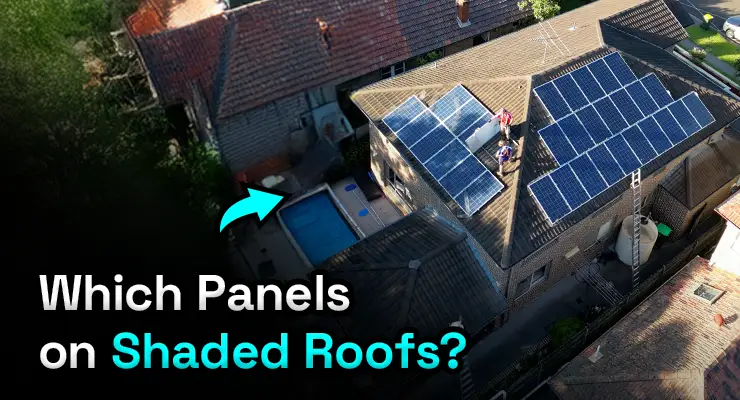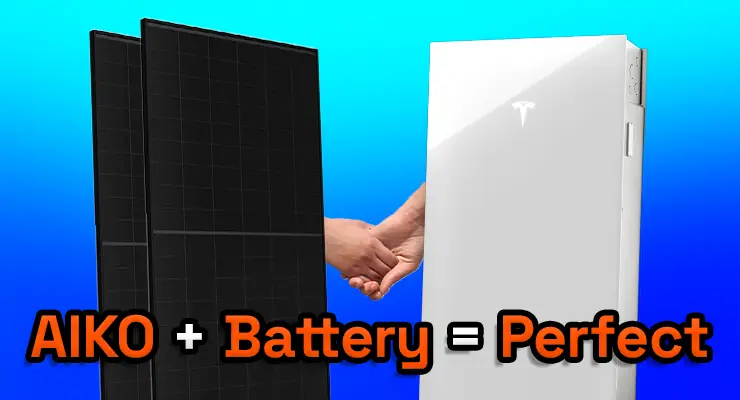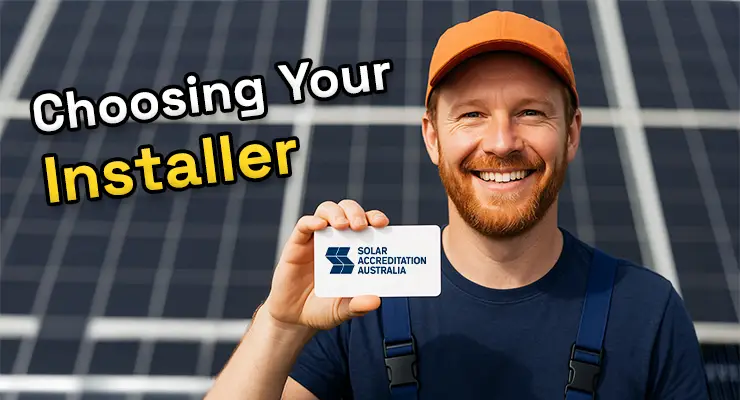Fast read
Solar panels often last 25–30 years or more, with gradual efficiency loss over time. But batteries, inverters, and charge controllers wear out faster. Lithium batteries usually last 10–15 years, while inverters tend to need replacing after 10–12 years.
Warranties vary by product and brand, but most panels come with 25-year performance warranties. For batteries and inverters, look for at least 10 years—and make sure warranty terms (like cycle limits and pro-rata conditions) are clearly explained.
How Long Do Off-Grid Solar Systems Last? Lifespan and Warranty Guide
Going off-grid is a bold and empowering move—but it also raises a crucial question: how long will your system last? When you’re relying entirely on your own solar and battery storage, system durability and reliability become non-negotiable. This guide breaks down the typical lifespan of each off-grid system component, what kind of warranties you should look for, and how to keep your system performing for decades.
An off-grid solar power system typically includes:
- Solar panels
- Batteries
- Inverters
- Charge controllers
Each plays a different role and wears out at a different rate.
Solar panels: 25–30+ years
Most solar panels will keep producing power for decades. They degrade slowly—typically losing around 0.5% efficiency per year. After 25 years, you can expect around 80–85% of the original output. Brands like SunPower, AIKO, and REC often offer longer warranties and slower degradation rates.
Batteries: 5–15 years
This is the most variable component:
- Lithium-ion batteries (e.g. Tesla Powerwall, BYD, Sungrow, Sigenergy) usually last 10 to 15 years with minimal maintenance.
- Lead-acid batteries (such as AGM or flooded types) tend to last 5 to 10 years but require regular upkeep and careful usage.
- Battery lifespan depends heavily on usage patterns, temperature, and charge cycles.
Inverters: 10–15 years
Inverters convert DC from your solar panels or batteries into usable AC power. They’re a common failure point, often needing replacement before other components. Expect 10–12 years for standard string inverters and potentially longer for microinverters (like Enphase) or hybrid inverters (like Fronius GEN24 or Sungrow).
Charge controllers: 10+ years
In off-grid systems, charge controllers protect your batteries from overcharging. Good quality MPPT charge controllers can last over 10 years if properly installed and sized.
What warranties are typically offered for off-grid solar systems?
Warranties give you peace of mind—and act as a signal of quality. Here’s what to expect:
Solar panel warranties
- Performance warranty: 25–30 years, usually guaranteeing 80–85% output after 25 years.
- Product warranty: 10–25 years, covering manufacturing defects.
Premium brands may offer 25-year product warranties, which is a sign of confidence in long-term
durability.
Battery warranties
- Lithium-ion batteries typically come with 10-year warranties and a cycle limit (often around 6,000 cycles).
- Lead-acid batteries have shorter warranties (2–5 years), and performance depends more on proper use and maintenance.
Always check if the warranty is:
- Pro-rata (value declines over time)
- Full replacement (preferred), some brands (like Tesla) offer full 10-year warranties with performance guarantees.
Inverter warranties
- 5 to 10 years is standard.
- Many manufacturers now offer 15-year warranties—especially on microinverters and premium hybrid units.
- Extended warranties are often available and worth considering for remote systems.
Charge controller warranties
Expect 5 to 10 years, depending on the model and brand. Victron and OutBack are popular in off-grid applications and known for robust warranties.
What affects the lifespan of an off-grid solar system?
Lifespan isn’t just about the product spec sheet—real-world performance depends on:
- Climate and temperature: Australian heat can accelerate battery wear and shorten inverter life. Ventilation, shading, and location all matter.
- System design: Oversizing your battery bank and matching components properly reduces strain and prolongs lifespan. A poorly sized system will cycle batteries harder and more frequently—shortening their life.
- Installation quality: Even premium gear fails early if installed poorly. Always use Clean Energy Council (CEC) accredited installers and ask about past off-grid experience.
- Maintenance
- Clean your panels annually.
- Check battery health and water levels (if lead-acid).
- Inspect wiring, fuses, and mounts regularly.
- Monitoring systems: Tools like Victron’s Cerbo GX or apps from Tesla and Fronius let you track performance and catch issues early—before they become expensive.
What happens when components wear out?
Off-grid systems evolve over time. Here’s what to expect:
- Batteries will likely need replacement once or twice over the life of your panels.
- Inverters may require replacing or upgrading after 10–12 years.
- Panels degrade slowly but usually remain usable well beyond their warranty.
Planning ahead helps. Choose modular gear (like stackable batteries or plug-and-play inverter systems) to simplify upgrades later.
How do I ensure long-term reliability from my off-grid system?
- Choose trusted brands with Australian warranty support.
- Use CEC-accredited designers and installers.
- Design for longevity, not just price—this includes oversizing and selecting high-efficiency panels and batteries.
- Ask about the total cost of ownership, including likely replacement timelines.
A reliable system is built with foresight. It’s more than just buying good gear—it’s about matching components, sizing wisely, and ensuring your system fits your usage and future needs.
Final thoughts: Make your off-grid system last the distance
A well-designed off-grid solar system can offer decades of energy independence—but it needs quality components, smart design, and a plan for the long haul. By understanding the expected lifespans and warranty terms of each part, you can avoid surprises and maximise your return on investment. The right setup won’t just power your home—it’ll give you peace of mind.
Need help with design or product comparison? Your Energy Answers connects you with trusted local experts who specialise in off-grid solutions tailored to Australian conditions.





